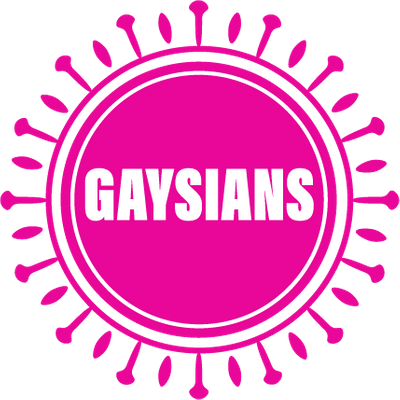On Challenging Tradition
Tradition.
The dichotomy of this word conjures images of vibrant culture, rivalled in its magnificence only by the broad diversity across the many people of the world; and, rather more sombrely, sinister tones of oppressive conservatism that opposes forward-thinking, and struggles against the march of progress.
It is the latter of these definitions that many South Asian people living with disabilities, and who also identify as part of the LGBTQ+ community, are faced with on a regular basis. Often, not just by the wider society in which they live, but by those closest to them. Too often, in fact, it is the harsh judgement of these personal elements that has led so many South Asian people to live incompletely, vying to hide parts of themselves for fear of judgement, persecution, or retribution.
My own story is very much one of colliding worlds, growth through struggle, and learning through perseverance. Living in the UK since the age of 7 has largely resulted in a Western socialisation but my South African-Indian heritage is something that still shines. The ‘third culture kid’ status has a lot of perks in that I have met and “vibed” with so many wonderful people, and my mix of nature versus nurture has given me the ability to fit in both everywhere and nowhere. However, inherently in that identity are the aforementioned traditional views.
Mum and Dad have always been ones to break free from their generations’ (and my grandparents’) views on family, culture, friends, and just about everything else. And yet, when the time came, they were still encumbered with an outdated view on mental health and it’s effects. I am Bipolar, this is one of my major disabilities. Presenting as an ideal student and striving to be the perfect son whilst at school was constantly at odds with how I actually felt on the inside. This turmoil ultimately led to my first suicide attempt, bereft of a support network of family or friends, and at a time when mental health was very much not in the conversation. Fast forward to my second year of University and a second attempt, a leave from my studies, and a final diagnosis and still there was very little understanding from family.
“If you can’t see it then it’s not there”… “Walk it off”… “Just push through”…
The mantra of people with good intentions and poor execution.
Happily, and unfortunately a-typically, my story currently resides on a happy note. My parents lived up to their rebellious, forward-thinking natures and are now a solid support network where healthy discourse and empathy are like fluent languages. My Mum is a mental health first aider and mental health champion at work, and Dad is more open about his own past experiences. I am also a demisexual man in a happy relationship with a white, pansexual woman and at no point am I faced with cries of “find yourself a nice Indian girl”. The story is not the same elsewhere.
For many of the South Asian diaspora, non-heterosexual/-cisgender identity is still seen as a disability of its own. An affliction that must be cured or pitied. More than that, just as with disability, it is seen as a punishment. Not only on you, but your parents and your family. Bad Karma.
“Why, God, must we be punished?”
“What did we do to deserve this?”
“Shame. Poor child. Poor parents.”
The whispers and admonishments that surround living with disability or identifying as part of the LGBTQ+ community permeate the life of someone simply trying to come to terms with their own existence. Not only are they lacking support but they are labelled as a burden. A strain on your household and something to be ashamed of. People I spoke to have shared stories of being pushed to the side, excluded from the picture, and, at the worst, discarded. And while there is some agreement that acceptance and support is far better now than it was 10, 15, or 20 years ago, there is still so much to do.
Basic kindness, such as when those who wish to engage culturally in places such as temples are ignored and belittled, seems to be completely bereft. For the task of requiring assistance to eat and be told “no, if you are here, you must feed yourself”. Lacking in understanding of identity in real life and hosting secret accounts just to be able to express yourself.
Not long ago, disability was seen as the ultimate barrier to success in life, and for many people would indicate a future secured only by struggle and loneliness. My uncle Jerome is a prime example of how inaccurate that is. As a quadriplegic man, he has conquered physical challenges some able-bodied people dare not even think about. On top of that he runs a terrifically successful business, has a family, is one of the best people I know and an all-round inspiration in his own right. But even he shared his experiences of sometimes being shifted off the to side in the past, and shared his insight of how many barriers still exist in today’s society.
In the wake of an Olympics and Paralympics, which both featured prominent trans athletes and LGBTQ+ representation, amid the Covid-19 pandemic, when many people were exposed to isolation and loneliness, we hope that the people who emerge are equipped with greater empathy for those made to feel like they should hide. We hope they understand that just because someone identifies a certain way, or presents with a disability, they are not a lesser human-being. We hope that people are more accepting and understanding of what it means to be an ally. We hope that society continues to move forward, and progress is made to include those that should never feel excluded. We hope that, as a global community, we have discovered our humanity.
We hope. We must.
